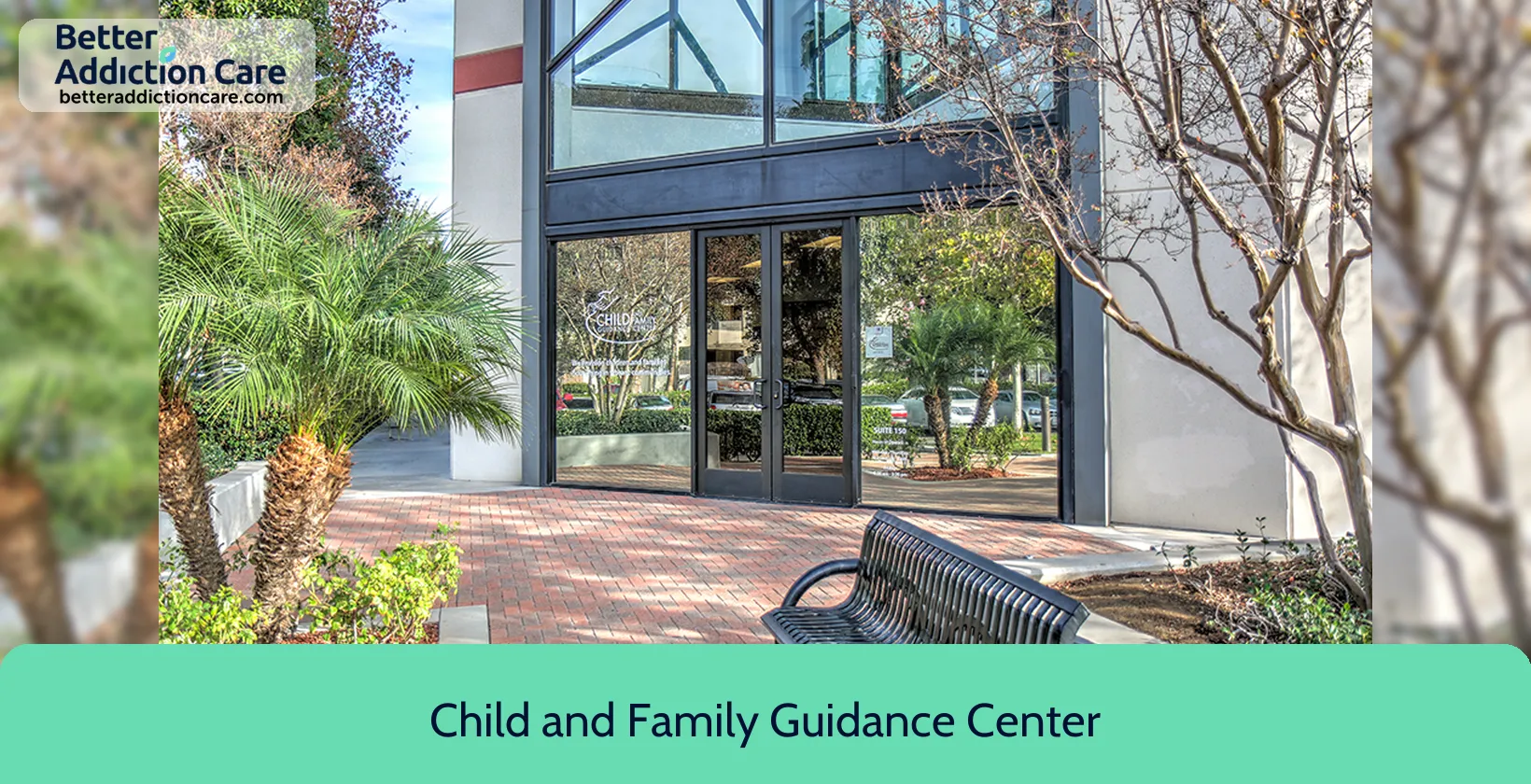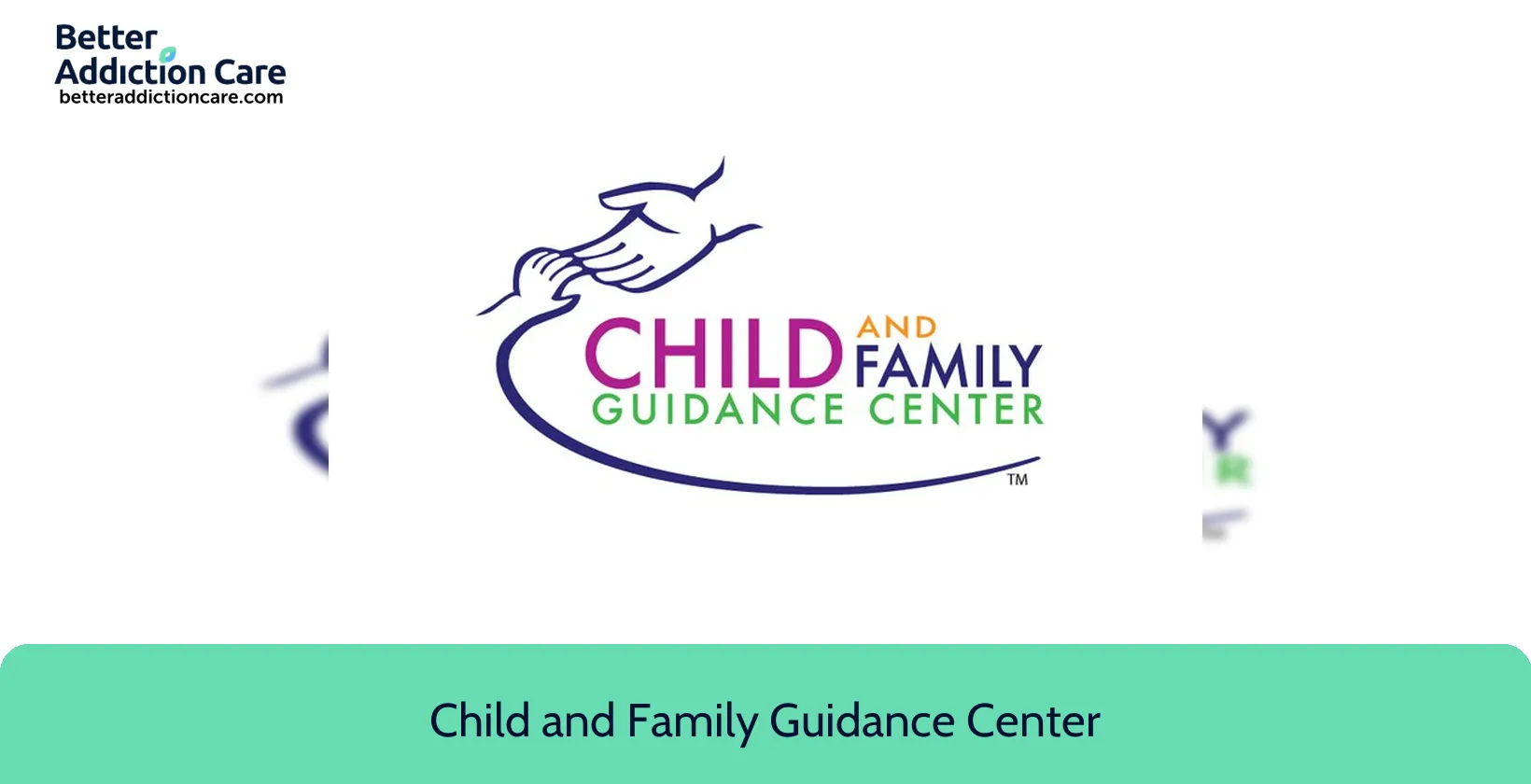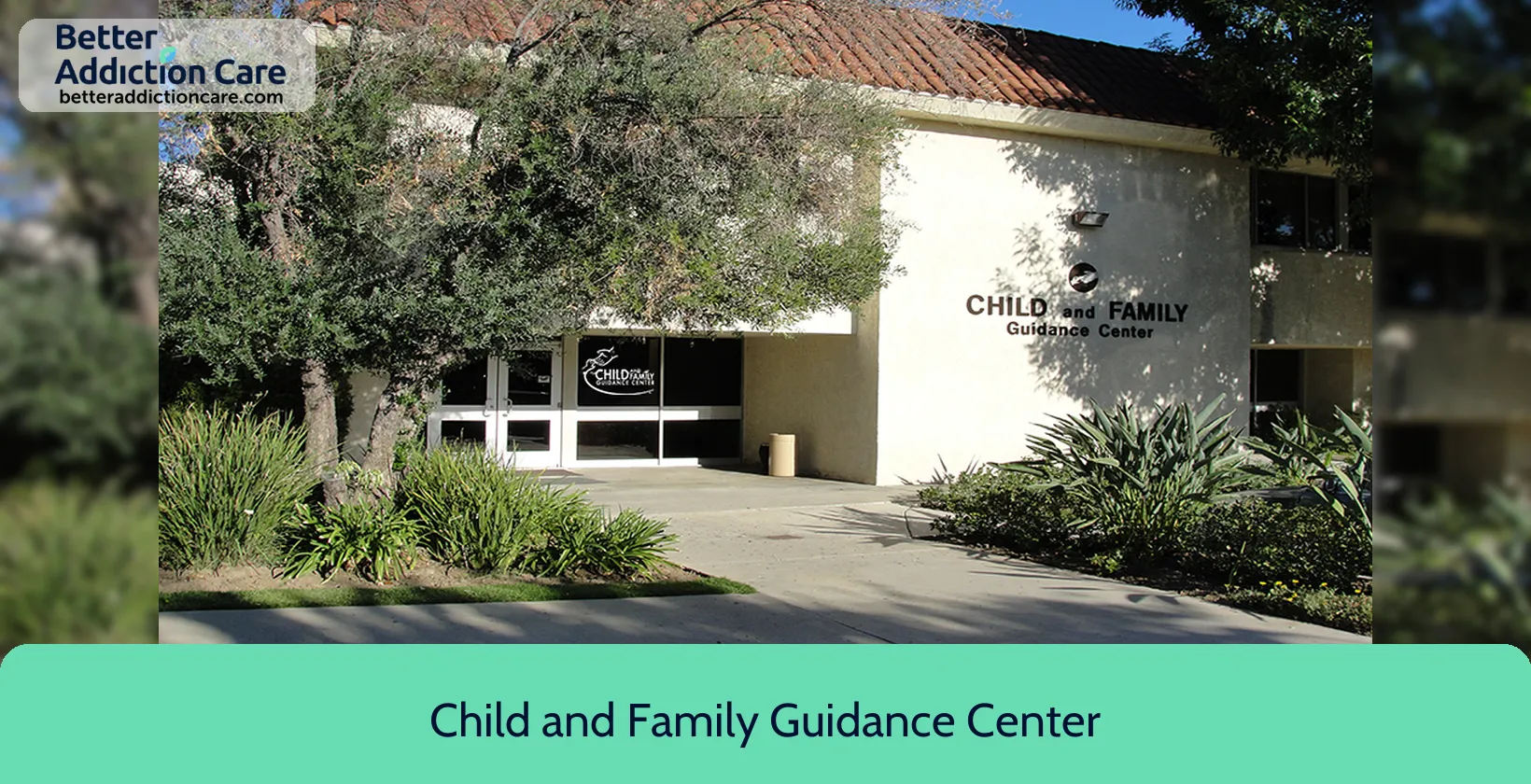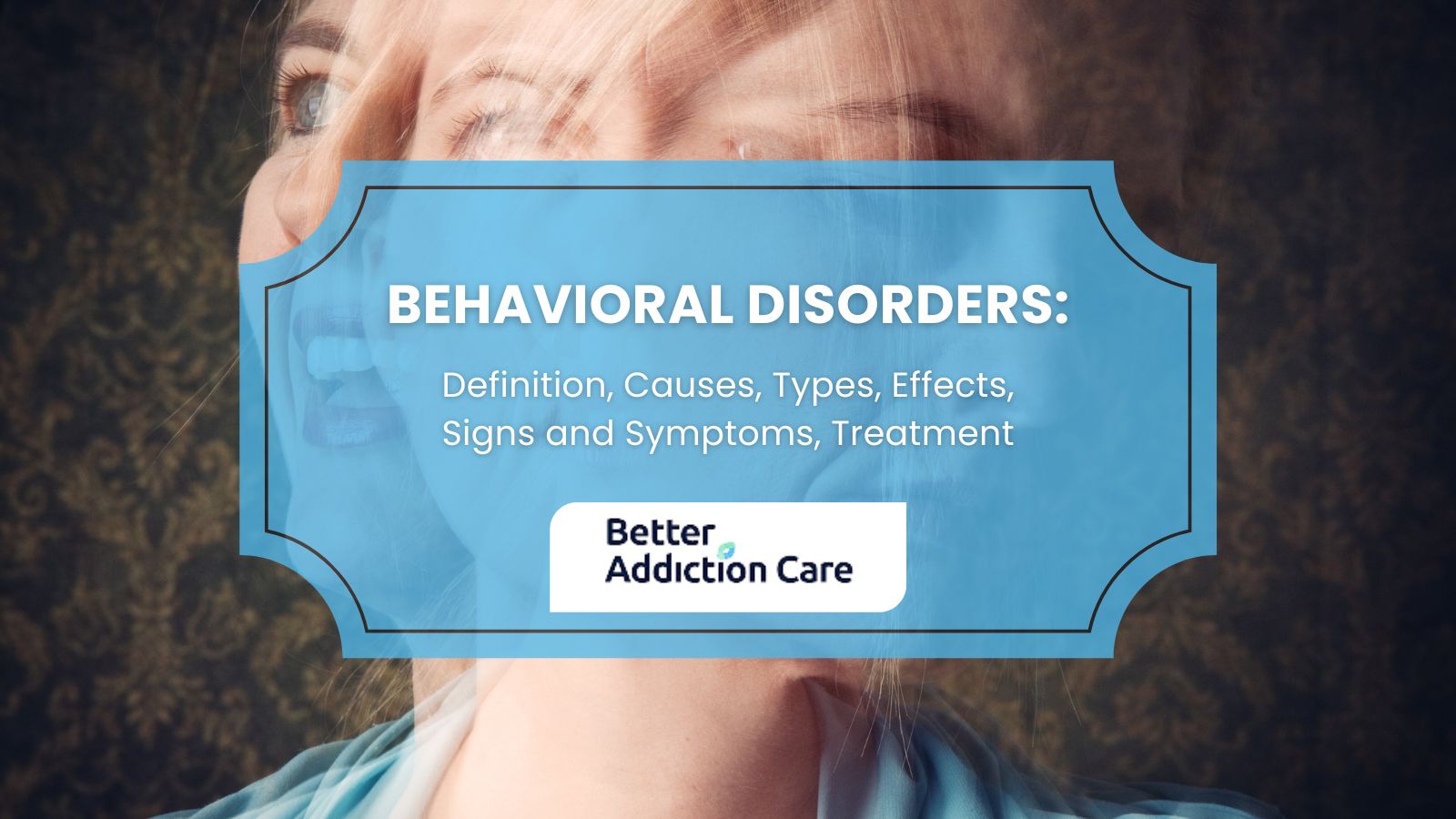Child and Family Guidance Center - Balboa Boulevard
Overview
Child and Family Guidance Center - Balboa Boulevard is an substance abuse treatment center that provides outpatient treatment for men and women from 18+ years of age. As part of their special programs, Child and Family Guidance Center - Balboa Boulevard treats children/adolescents with serious emotional disturbance (sed) and clients who have experienced trauma. To help patients achieve sobriety, Child and Family Guidance Center - Balboa Boulevard provides intake assessments. Afterward, patients receive family counseling, individual psychotherapy, and cognitive behavioral therapy during treatment. Child and Family Guidance Center - Balboa Boulevard is located in Los Angeles, California, providing treatment for people in Los Angeles County, accepting medicaid, state-financed health insurance plan other than medicaid, and state mental health agency (or equivalent) funds.
Child and Family Guidance Center - Balboa Boulevard at a Glance
Payment Options
- Medicaid
- State-financed health insurance plan other than Medicaid
- State mental health agency (or equivalent) funds
- State welfare or child and family services funds
- Medicare
Assessments
- Comprehensive mental health assessment
- Comprehensive substance use assessment
Age Groups
- Adults
- Children/adolescents
- Young adults
Operation
- Private for-profit organization
Highlights About Child and Family Guidance Center - Balboa Boulevard
6.68/10
With an overall rating of 6.68/10, this facility has following balanced range of services. Alcohol Rehabilitation: 8.00/10, Drug Rehab and Detox: 6.00/10, Insurance and Payments: 6.00/10, Treatment Options: 6.73/10.-
Alcohol Rehabilitation 8.00
-
Treatment Options 6.73
-
Drug Rehab and Detox 6.00
-
Insurance and Payments 6.00
Treatment At Child and Family Guidance Center - Balboa Boulevard
Treatment Conditions
- Mental health treatment
- Substance use treatment
- Co-occurring Disorders
Care Levels
- Outpatient
Treatment Modalities
- Family counseling
- Individual psychotherapy
- Cognitive Behavioral Therapy
- Dialectical Behavior Therapy
- Group counseling
Ancillary Services
Languages
- Sign language services for the deaf and hard of hearing
- Spanish
Special Programs
- Children/adolescents with serious emotional disturbance (SED)
- Clients who have experienced trauma

Additional Locations
Contact Information
Read our Most Recent Article About Drug Addiction
DISCLAIMER: The facility name, logo and brand are the property and registered trademarks of Child and Family Guidance Center - Balboa Boulevard, and are being used for identification and informational purposes only. Use of these names, logos and brands shall not imply endorsement. BetterAddictionCare.com is not affiliated with or sponsored by Child and Family Guidance Center - Balboa Boulevard.











